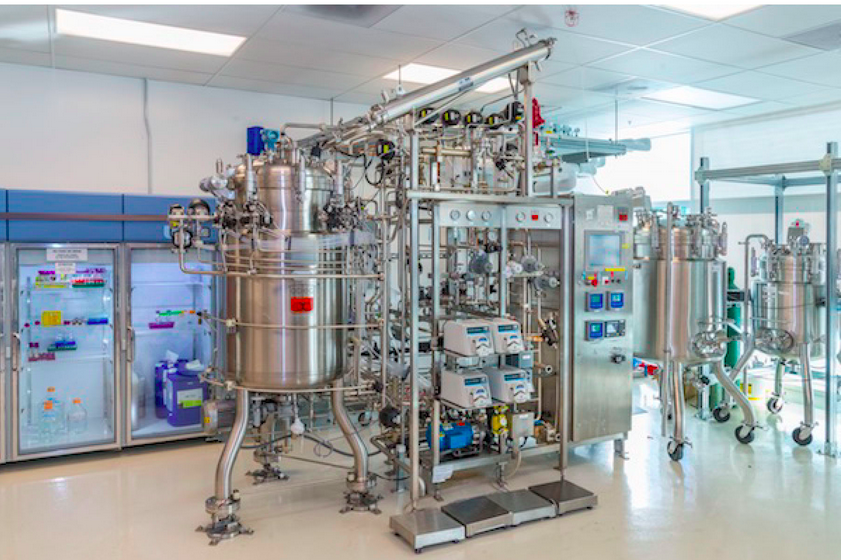I am finalizing my schedule for the Plant Based Summit this week and it was tough trying to pick and choose which ones to attend as all of them have very interesting topics and speakers. I will also be moderating the last Plenary Session on Thursday. Follow my tweets at @DGreenBlogger #PlantBasedSummit.
For now, I am still trying to catch up to some news that I wasn’t able to post and this one is about malonic acid, which I haven’t covered before. California-based Lygos, Inc., recently announced that it has successfully achieved pilot scale production of malonic acid from sugar. Lygos’ manufacturing technology decreases CO2 emissions, eliminates toxic inputs and could replace the existing petroleum production process for malonic acid at lower cost and less energy.
Malonic acid is currently a high-value specialty chemical useful for production of a variety of pharmaceuticals, flavors, fragrances, and specialty materials. The petrochemical process to produce malonic acid requires chloroacetic acid and sodium cyanide, and is both costly and environmentally hazardous. Lygos’ fermentation technology is reportedly environmentally benign, scalable, and enables production of malonic acid at a lower cost than the current petrochemical manufacturing process.
Malonic acid was identified by the U.S. Department of Energy as one of the “Top 30 Value Added Chemicals” to be produced from biomass-derived sugar, instead of petroleum. Lygos has identified over $1 billion in derivative specialty and commodity chemicals that can be accessed from malonic acid, and developing its fermentation technology is key to enabling these opportunities.
Lygos said it’s the first time malonic acid has been produced in meaningful quantities from renewable materials instead of petroleum. With this manufacturing run, the company was able to provide samples of high quality malonic acid to customers and partners. Lygos is seeking additional partners to accelerate larger scale manufacturing and unlock new product applications.
I was trying to find more information on malonic acid, and it seems it can be produced via the 3-hydroxypropionic acid pathway (where you can also produce acrylic acid via 3-HP). 1,3 PDO can also be produced from malonic acid. Unfortunately, there are not really a lot of information on the web about this chemical so it might be good to have a chat with Lygos one of these days.
According to Lygos, the scale-up was performed at Berkeley Lab’s Advanced Biofuels Process Demonstration Unit (ABPDU), which is located in Emeryville, CA. The successful achievement of pilot scale manufacturing was completed in the research phase of a program funded in part by the Bioenergy Technologies Office, in the U.S. Department of Energy’s Office of Energy Efficiency and Renewable Energy (EERE).





